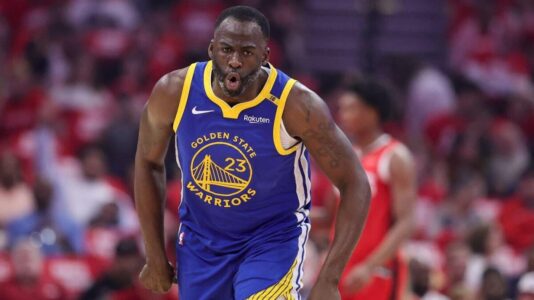Aaron Rodgers’ Legacy and Ranking Among NFL’s Greatest Quarterbacks
As the NFL retains its passionate following, the discussion surrounding quarterback Aaron Rodgers’ legacy intermingles with the ongoing narrative of his future in the league. At age 41, Rodgers is poised to be remembered as one of the greatest quarterbacks in NFL history. While the specifics of his next season remain unknown, his illustrious career, highlighted by MVP awards and critical playoff victories, prompts an assessment of where he stands among the best to ever play the game.
Achievements Highlighting Rodgers’ Career
Rodgers boasts a storied career, featuring four NFL MVP awards and a Super Bowl MVP title, demonstrating both individual excellence and team success. He led the Green Bay Packers to their fourth Super Bowl victory at the culmination of the 2010 season, earning him a distinguished place in NFL history. His accolades further include ten Pro Bowl selections, four All-Pro team nods, and recognition on the 2010s All-Decade Team. Remarkably, Rodgers’ ascent is particularly significant considering he was overlooked by every major Division 1 football program as a high school athlete.
Criteria for Ranking Quarterbacks
The task of ranking Rodgers alongside his peers involves various criteria:
- Individual accolades such as league MVPs and Pro Bowl selections.
- Records set during his career, which reflect both talent and consistency.
- Team success, including Super Bowl wins and playoff appearances.
- Enduring legacy, particularly how well a player’s career is remembered and respected.
Currently, Rodgers is one of only two active quarterbacks in the top 30 rankings, suggesting a legacy that might continue to evolve as younger talents emerge.
Examination of Historical Quarterbacks
Rodgers’ evaluation among historical quarterbacks aligns him with a roster of celebrated figures. Among the notable names mentioned in the rankings are:
-
Joe Montana: Revered for his perfect Super Bowl record and composure, Montana is retained as the greatest quarterback of the 20th century, renowned for his clutch performances.
-
Peyton Manning: Known for his impact on the quarterback position and as one of the league’s greatest ambassadors, Manning holds a record five MVP awards and significant playoff achievements.
- Tom Brady: Often cited as the greatest of all time, Brady’s record includes seven Super Bowl victories and numerous passing records, a testament to his prolonged excellence.
While Rodgers stands at eighth on the list of all-time quarterbacks, he remains a distinctive figure in discussions about the sport due to his unique playing style and statistical achievements. Notably, he is recognized for throwing fewer than ten interceptions in a season on multiple occasions, showcasing his precision and decision-making ability.
Significance of Ranking and Future Implications
The conversation around Rogers and his place among elite quarterbacks underscores the importance of legacy in professional sports. The criteria used for evaluating a quarterback’s greatness, including performance metrics and historical context, allows fans and analysts to project their significance within the sport.
As emerging stars like Josh Allen and Joe Burrow begin to challenge established players, the rankings may shift further, but Rodgers’ remarkable tenure will ensure he remains a crucial part of NFL history discussions. His forthcoming decisions about when to retire may also shape public perception and legacy, as fans eagerly anticipate the next chapter in his remarkable but uncertain career.
In conclusion, as the NFL prepares for another season, Rodgers’ influence on the game continues to resonate. Whether he steps back onto the field or not, his legacy as one of the most sophisticated and skilled quarterbacks in history will remain secure, inviting ongoing debate about the true measure of greatness in the sport.









